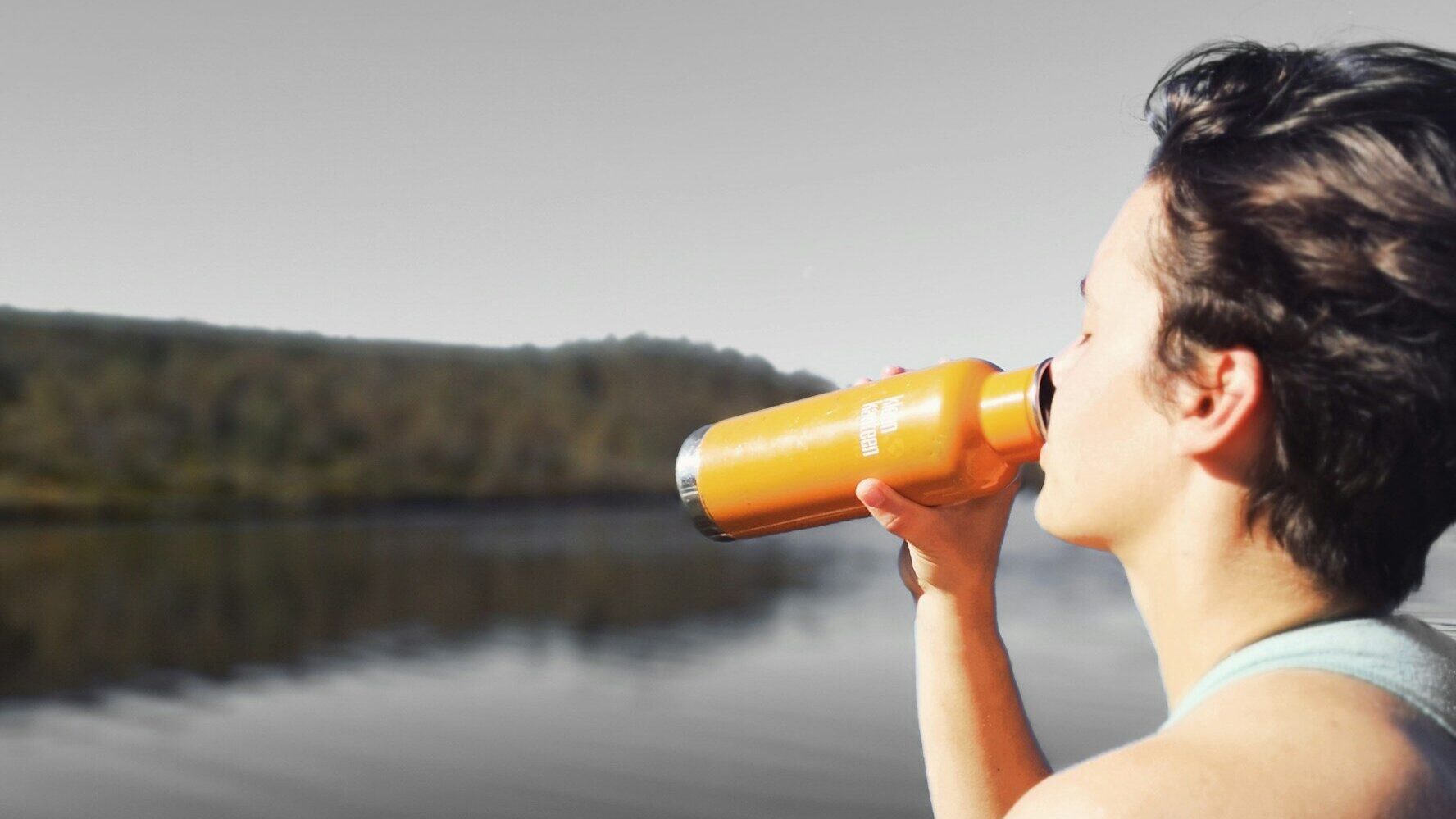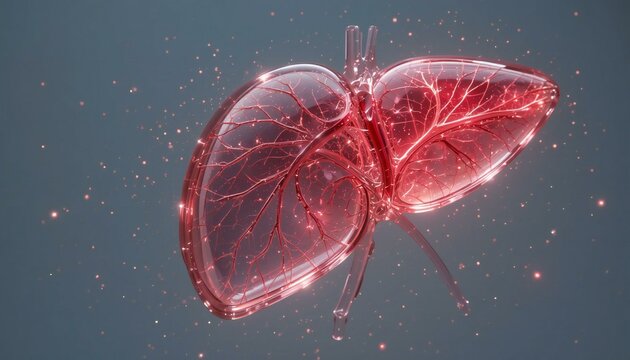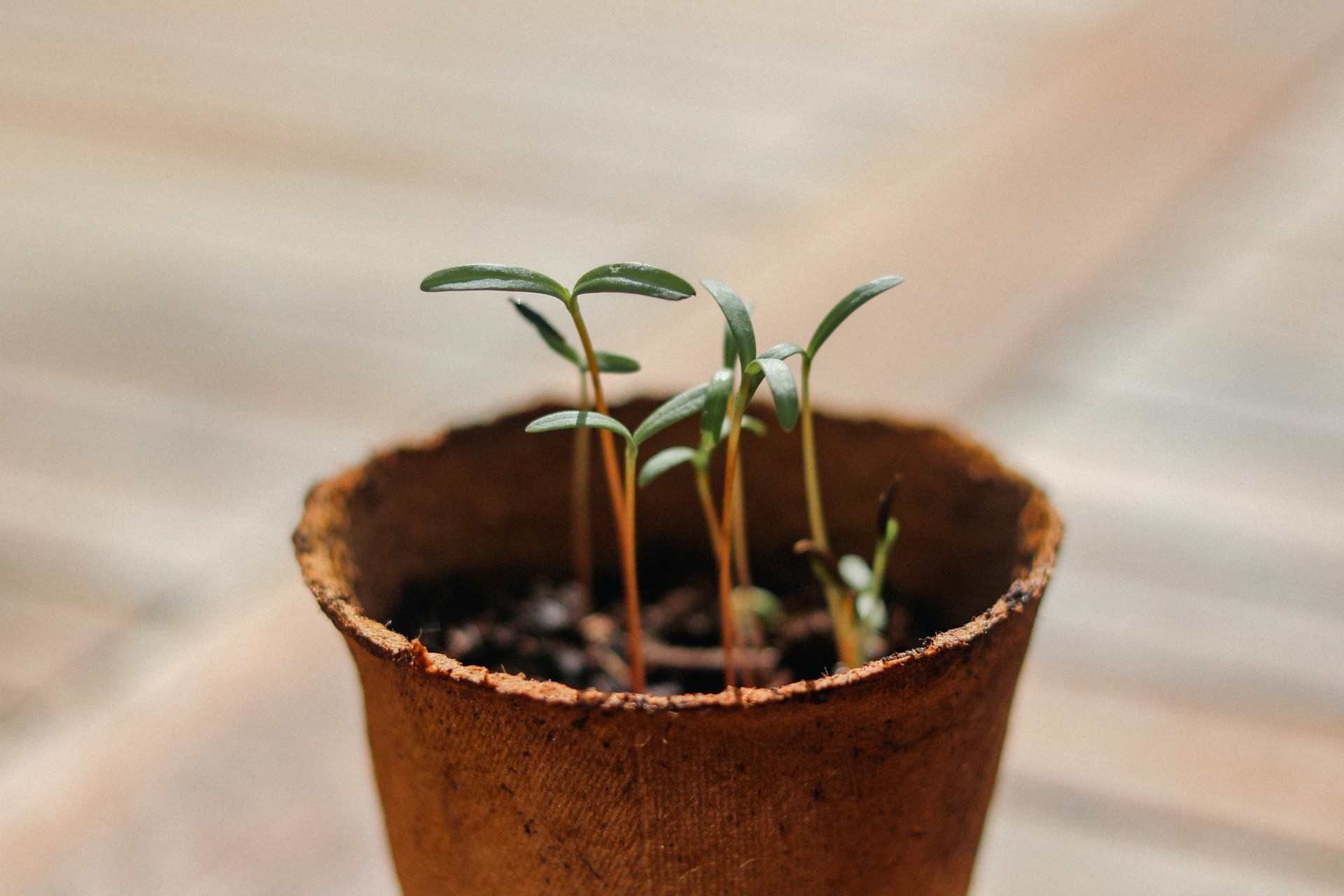Before you spend money on another cleanse, let’s uncover the truth about liver detoxing—and what your body really needs to stay healthy.
Many detox myths claim you need special cleanses or supplements to remove toxins, but your liver and lymphatic system naturally detoxify your body without extra help. The best way to support these systems is through proper hydration, nutrient-rich foods, regular movement, and avoiding excessive alcohol and processed foods. Instead of quick-fix detoxes, focus on sustainable habits like eating whole foods, staying active, and managing stress to keep your drainage pathways open and your liver functioning well.
I hope that this post encourages you to support your liver, instead of looking for new and more effective ways to detox. Your body has the ability to take care of toxins, but only if it is supported properly. Check the end of this post to download the printable 5-Day Liver Support Meal Plan!
How the Liver Works to Detoxify Your Body Naturally
The liver detoxifies toxins through a two-phase process.
In Phase 1, liver enzymes break down toxins into intermediate compounds, often making them more reactive.
In Phase 2, these compounds are neutralized and made water-soluble so they are easier to eliminate. The body then removes these toxins through urine, bile, and feces. This natural detox system works continuously without the need for special cleanses or supplements.
Detox Myths to Avoid
There are plenty of myths about liver detox that can lead to misinformation. Here are some of the most common ones:
| Myth | Truth |
|---|---|
| The Liver Needs Help Detoxing | The liver is naturally designed to detoxify the body. It processes toxins, breaks them down, and eliminates them through urine and feces. Unless you have liver disease, your liver doesn’t need external help to detox. |
| Liver Detox Diets Remove Toxins | No scientific evidence supports the idea that detox diets help remove toxins. The liver already does this efficiently through enzymatic processes. |
| A Fatty Liver Can Be Reversed with Detoxes | Fatty liver disease is better managed with lifestyle changes like a healthy diet, regular exercise, and avoiding excessive alcohol, not detoxes. |
| Alcohol Can Be Flushed Out with Detoxes | The liver processes alcohol at a fixed rate. No drink, supplement, or food speeds up alcohol metabolism. |
| You Can “Reset” Your Liver with a Detox | The liver is self-sufficient. A long-term healthy lifestyle, rather than short-term detoxes, supports the best liver function. |
How to Support Your Liver Naturally
To support your liver naturally, it’s important to maintain a healthy lifestyle, starting with your diet. Eating antioxidant-rich foods like berries, citrus fruits, and leafy greens can help protect the liver from oxidative stress. Remember, the more colors on your plate, the more antioxidants you are eating.
Foods high in fiber, such as whole grains and vegetables, assist in digestion and support detoxification. Incorporating healthy fats, such as those found in fatty fish like salmon and walnuts, can reduce inflammation and further benefit liver function. Avoiding processed foods, added sugars, and trans fats is also crucial, because these can burden the liver with excess toxins.

Hydration is key in supporting liver health, so be sure to drink plenty of water throughout the day. Proper hydration helps the liver flush out toxins, making the detoxification processes easier. Limiting alcohol intake is equally important, as excessive alcohol consumption can cause significant damage to liver cells and lead to liver disease over time. Moderating your alcohol intake, or eliminating it altogether, is one of the best ways to protect your liver.

Regular physical activity is another natural way to support liver health. Exercise can help reduce liver fat, improve circulation, and enhance the body’s ability to process and eliminate toxins. Staying active is also beneficial for maintaining a healthy weight, which is vital for preventing fatty liver disease. In addition, getting enough sleep is essential for liver regeneration and overall detoxification. Aim for 7-9 hours of quality sleep each night to give your liver and other organs time to rest and repair.

Lastly, managing stress is crucial for liver health. Chronic stress can lead to inflammation and hormonal imbalances that negatively affect liver function. Incorporating stress-reducing activities such as walking, journaling, or deep breathing exercises can help lower stress levels and keep your liver functioning at its best.
In conclusion, understanding how your liver works to detoxify your body is key to appreciating its vital role in maintaining overall health. By naturally filtering toxins, breaking down waste, and producing important enzymes, the liver acts as the body’s primary detox organ. However, it’s important to separate fact from fiction when it comes to detox myths. Extreme detox diets and supplements often do more harm than good, stressing the liver rather than supporting it.
Take charge of your liver health today by nourishing your body with whole, nutrient-rich foods and making simple lifestyle changes. Start incorporating antioxidant-packed meals, staying hydrated, and exercising regularly to support your liver’s natural detoxification process. Your liver works hard for you—give it the care it deserves.





